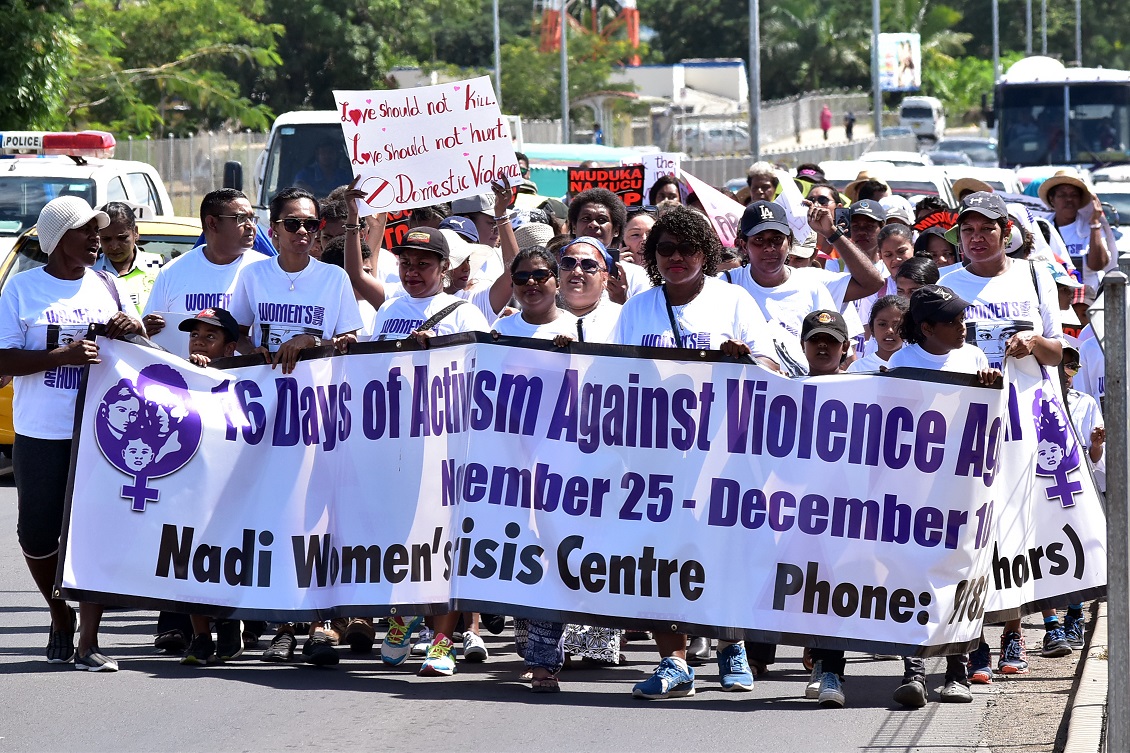The Fiji Women’s Crisis Centre (FWCC) is calling for urgent, unified action to end what it describes as the persistent impunity surrounding violence against women and girls in Fiji, warning that systemic weaknesses — particularly in policing — continue to deny survivors justice.
“For more than 40 years, FWCC has seen that invisibility and silence follow most cases of sexual violence in this country,” said FWCC Coordinator Shamima Ali.
“It is beyond dispute that our justice system — especially because of weaknesses in policing — is not working for survivors and victims of violence against women and girls.”
As the world marks the 16 Days of Activism Against Violence Against Women and Girls, FWCC is focusing on the theme “Violence Against Women and Girls: Ending Impunity.”
The organisation says the continued failure to hold perpetrators accountable remains one of the greatest barriers to justice in Fiji.
Despite the high prevalence of violence, many survivors never receive justice, while perpetrators frequently escape consequences.
Ali said structural inequality and entrenched patriarchal norms mean survivors face similar obstacles, whether the perpetrator is a high-profile figure or an intimate partner. These barriers include victim-blaming, weak support systems, political influence shielding offenders, misogynistic attitudes, limited accountability mechanisms, and stigma discouraging women from speaking out.
“When we fail to hold perpetrators accountable, impunity intensifies the powerlessness of the targets of violence but also sends a message to society that male violence against women is both acceptable and inevitable.”
Ali warned that legal frameworks alone cannot fix the problem. She said reducing impunity requires investment in survivor-centred services, improved policing, cultural change and strong political will supported by clear targets and adequate resources.
“One of the biggest challenges we have in this country is that we are not all on the same page,” Ali said.
“We blame everything else for the violence that women face — it’s the alcohol, it’s the woman’s fault, her dress was too short, her pants were too tight. We still hear this and ignore the perpetrator and the root cause, which is patriarchy.”
FWCC also raised serious concerns about cases where police officers are themselves perpetrators, saying this undermines public trust and discourages survivors from reporting.
“There is impunity when survivors feel re-victimised by the police process,” Ali said.
“We still have survivors telling us stories of police failing to record complaints, urging reconciliation with the perpetrator, or minimising the violence. This is very evident when police officers are perpetrators.”



